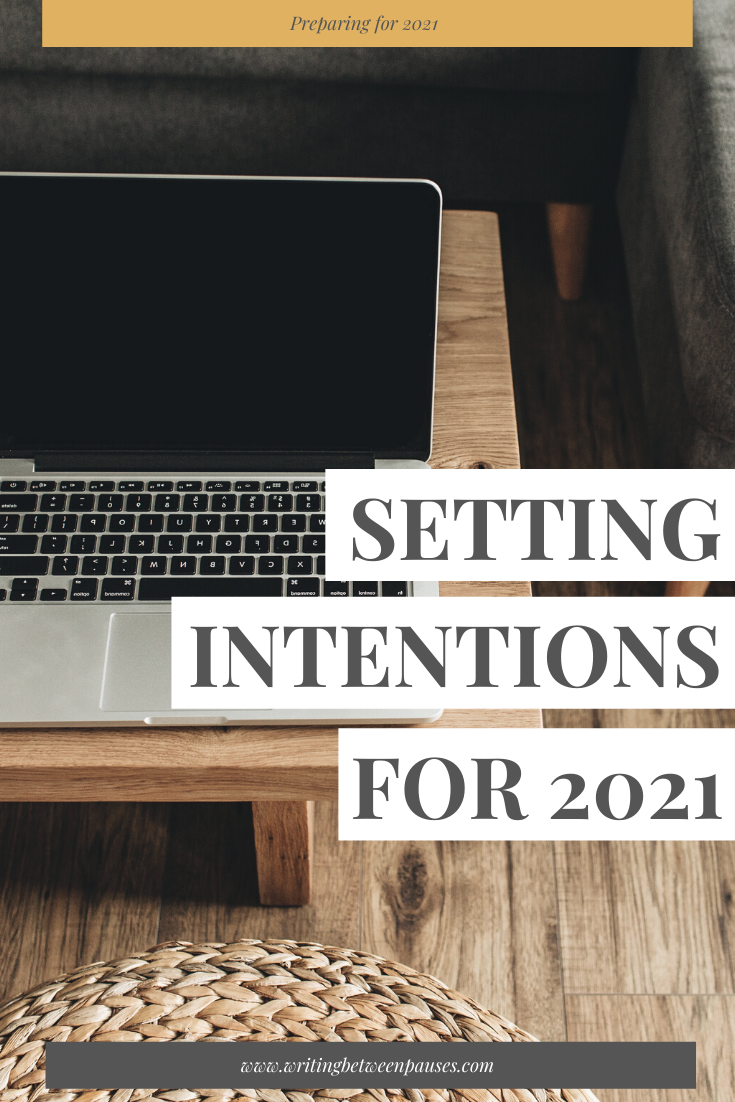I was attracted purely because of this description, because I love Southern novels; I love road trip stories; and I love mysteries.
Friends, this book was absolutely none of those things. Note: this review does contain spoilers to the entire nonexistent plot of this book.
The setting was absolutely nonexistent. If you removed the specific town name, you could plop this novel down in any setting and it would be exactly the same, minus Myrtle Beach. And spoiler alert, they spend approximately 12 hours in Myrtle Beach in one of the most useless and rambling plot lines ever.
Most importantly, do you want to read a book full of absolutely repulsive characters who have absolutely no conscience or self-awareness? This is the book for you then.
TRIGGER WARNING: This book contains the sexual abuse of a teenager by a teacher. It is treated like said teenager "cheating" on his girlfriend. It never acknowledges that he was sexually abused by a teacher in a position of power. This is abhorrent. It happens near the end of the book; if it had been "revealed" earlier, I would have put it on my "do not finish" list. I just want to warn you. I didn't like the book before this was revealed, but it made me absolutely sick that I'd obligated myself to review it.
In 1997, Sarah and Kristen were just two absolutely awful teenage girls in some vague Southern Town. They graduated high school, went on to college, graduated, and went onto equally disappointing lives: Sarah is divorced, lives in an apartment above the bookstore she owns, and routinely treats her next door neighbor/former classmate/best friend, Jack, like absolutely crap; on the opposite end of the spectrum, Kristen is a tiny, blonde former gymnast who married a big ol' slob named Chris (yes, they are both named Kris/Chris) and has three anonymous children that she never talks about except to complain about them. She works some kind of job, but otherwise, buys Jimmy Choos, lives in a McMansion, and drives a Rover.
In high school, there was a third friend, Roxanne, the only likable one in the bunch. Roxanne was impulsive, self-destructive, and, most of all, fun. However, she disappeared before they graduated and while they did call local boarding schools after her mom (their gym teacher, inexplicably) told them she was sent to boarding school, they didn't do much to find her.
Except when their 20 year high school reunion rolls around.
Kristen decides it's time to bite the bullet and find Roxanne. Sarah, our primary narrator, is nervous because she did something "awful" that she is sure is the cause of Roxanne's disappearance. They go on a saga to buy an El Camino because Roxanne owned one. This takes up approximately 1/3 of the book. They buy an El Camino named Elvira.
Jack decides to join them for the trip to Myrtle Beach, after Kristen's private investigator turns up an address for Roxanne there. We are treated to multiple unpleasant scenes were Sarah is an absolute nightmare of a human to her ex-husband.
Ok, slight diversion from going over the plot: Sarah got divorced because... reasons? It's never fully explained, which is fine, but she treats her ex like absolute garbage. Why? Because Sarah is a garbage person. There, I said it. Take this character and throw her away; she is a self-centered, obnoxious, mean, vile human being. There is nothing redeemable about Sarah as a character. I do not understand why she has friends or why she received this characterization. She sucks. She divorced her husband because he was slightly resistant to her taking out a loan to buy a bookstore. Listen, do you know how much of a struggle it is to own an independent bookstore? It is NOT easy. I love bookstores and I'd be hesitant too! But this book apparently takes place in an alternate reality where people go to bookstores all the time. Her ex-husband is a professor, a fact that they make fun of every time he is mentioned. That's right, he's the only person in the book who uses his brain and they treat him like dirt. Cool.
They head for Myrtle Beach. Along the way, they stop in Sarah's college down and Kristen, another garbage person, destroys a college students senior project. Seriously.
They get to Myrtle Beach and find a hotel that is $60 a night, but also has a bar beside the pool. There are so many awful, useless parts to this book, but the road trip to Myrtle Beach (the only road trip) only takes up about 5 chapters, tops, and is super pointless.
The next morning, they surprise drop into Roxanne's address. Surprise, it's not Roxanne. It's her mom, Mrs. Wilder, their mean gym teacher. She has no idea where Roxanne is. Cool! They leave, meet Jack's college roommate Bert for margaritas, get drunk in a Mexican restaurant, and then they all get into a massive fight.
Then, they go home. There is no plot.
This is the part of the novel where I stopped caring. It was so anticlimactic. They literally just go home. Kristen gets a bug in her butt to go check school records; they do and guess what? The school has all their school records. Listen, a records room with your "official record" is a thing that literally doesn't exist. But whatever, in alternate reality where garbage people are allowed to flourish, it's real. It's so exhausting to have this scene. As if there is some giant room in every public school where they keep every piece of banal information about every kid that ever stepped in the building.
Anyway, they end up finding a sticky note on the back of Roxanne's file with the number of a school that's in, you guessed it, Sarah's college town. They do no research and go. They find Roxanne. She's perfectly normal, living in a nice little house with her daughter, also named Sarah. She is pleasant and happy, but she's not the Roxanne they know.
Ok, let's back up a minute: throughout all these scenes, we get treated to scenes from high school Sarah. HS Sarah is somehow 400x worse than present day Sarah; she is boring, mean, and absolutely obsessed with herself. So, the entire novel I thought the bad thing she did to Roxanne would be huge: she ratted out Roxanne about drugs or she actually murdered her or SOMETHING. No. Here's what she did: she signed a statement saying that Roxanne had been cheating off her homework to avoid getting her scholarship taken away.
I'm sorry, but that's not awful. That's barely even bad. That's literally what every teenager would do if they were caught to be helping their friend cheat. Roxanne had been cheating off Sarah; Sarah admitted it; and...?
Anyway, in their meeting with Roxanne, it turns out that's NOT why Roxanne left school. She left because her mom had been messing around with Roxanne's boyfriend. So the principal helped her transfer schools and leave. Cool for Roxanne. She met her current husband, got pregnant, got married. She chilled. Never once does anyone say, "Holy crap, your mom sexually abused a student?" No, they act like her boyfriend Mark cheated on her. These. People. Are. Garbage.
So, after all that time, the bad thing Sarah did didn't even matter. It's not even part of the story. The only person who cares about it is Sarah because she's obsessed with herself.
Kristen and Sarah then leave.
Because Sarah is obsessed with her stupid self, she goes to visit the former principal to ask WHY he made her sign that statement. I'm not sure why. It's pretty obvious. They were busting Roxanne, rightfully, for cheating. The principal basically says he just did it to make a point and that it's ok that she signed it because all teenagers do selfish stuff. No kidding, the principal, even though we're supposed to see him as some kind of delusional mean guy, is the only intelligent character in this book; he looks Sarah dead in the face and is like, "people usually grow out of being so selfish, but whatever, you seem like a piece of work."
Sarah feels enlightened and goes to Kristen's house. Kristen had spent tons of time complaining about her husband; however, when Sarah brings up this past conversation in relation to her talk with the principal, Kristen acts like Sarah is accusing her of something. Listen, Kristen, I know you're a few slices short of a whole pie, but follow along. Kristen ends up getting a new shower head and is suddenly in a better mood, proving that she's an absolutely repulsive, stupid character and Sarah isn't much better.
So Sarah leaves, feeling pretty low. She calls Bert to ask him to go to the reunion with her and he says no, because Jack made it clear he likes Sarah. Jack is a pushover and while he is pretty obnoxious, he deserves better than Sarah, a woman who literally never thinks of anyone but herself.
So Sarah goes to the reunion with Jack and proceeds to get drunk within, like, 5 minutes. Then Mark, Roxanne's high school boyfriend who was sexually abused by a teacher, comes up and asks about Roxanne. Sarah, who is awful, acts belligerent and causes a scene; then Jack punches a man who was sexually abused as a teenager by a teacher and they act like he's a hero. Wow, I'm so glad I read this book.
Kristen and Roxanne then bust into the reunion, dressed to the nines. They all go outside and make the real Camino Beach and get even more drunk in the back of it. It turns out, Roxanne did name her daughter after Sarah (WHY) and apparently had watched Sarah a few times while she was at college because she literally lived in the same town. This is proof that Sarah is totally self-absorbed; Roxanne had been in this sandwich place once while Sarah was there and SARAH DIDN'T EVEN NOTICE.
Eventually, Jack confesses that, actually, he really likes Sarah. They kiss. It's totally inexplicable why Jack likes her because, again, Sarah is an absolute garbage can of a human being.
If you want to read a book about the most self-absorbed awful people in the entire universe, go ahead. Read it. I have no idea why it was written. A bunch of boring, mean white women going on an adventure to find the friend they treated like crap 20 years ago. Nothing redeemable. Nothing to learn. Awful people not getting their comeuppance.


















